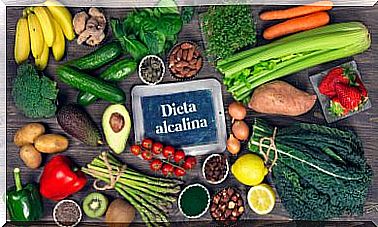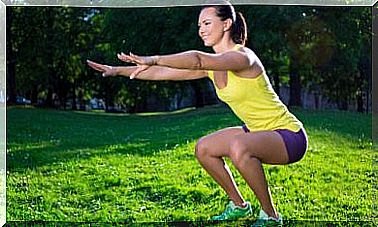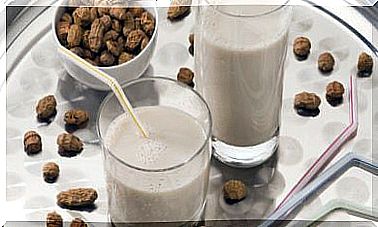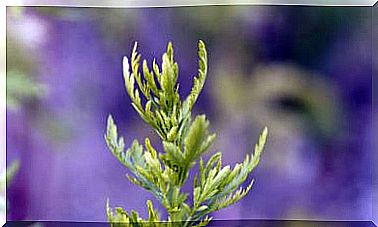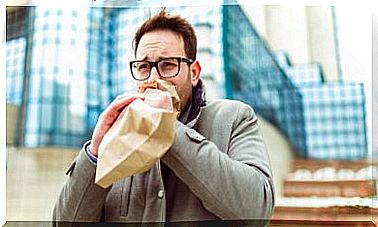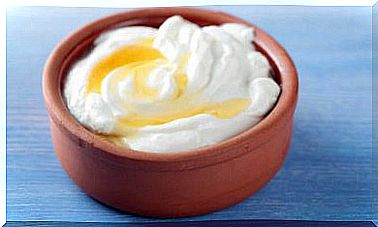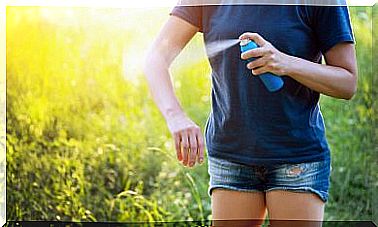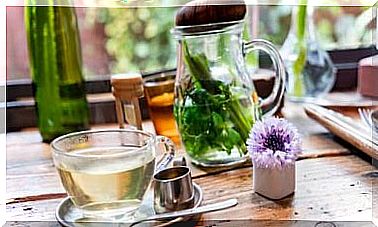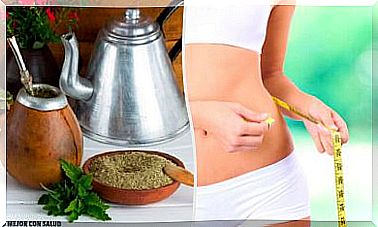Suitable And Prohibited Foods For Pets
Dogs and cats become part of our family, and we are tempted to feed them “anything”. However, it is not good for them. They must eat a diet that meets their nutritional requirements. Know which are the suitable and prohibited foods.
Harmful foods for pets
Food for human consumption is not always beneficial for dogs or cats. In fact, it can even be harmful if eaten in large quantities. They may suffer mild digestive upset and, in more severe cases, serious illness.
These are the foods that you should never give your pet:
Chocolate
Most love it, but it is dangerous. Cocoa contains theobromine, toxic to the animal. An intake of 100 grams of chocolate in a dog weighing 15 kilos can cause serious complications. If given in high doses, it can compromise vital functions.
Symptoms of theobromine poisoning include: increased cardiac contractility, dehydration, diarrhea and vomiting, ulcers on the gastric mucosa, and seizures.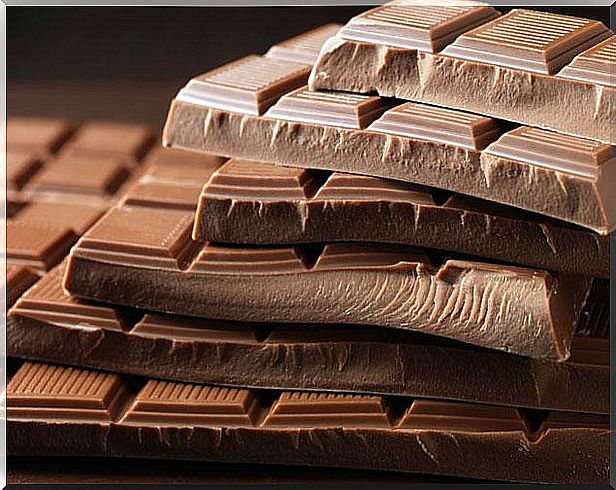
Caffeine
If in excess it is bad for people, it is even more so for animals. This stimulant in coffee, tea or cola affects the nervous and cardiac systems. In a very short time it can cause rapid heartbeat, hyperactivity and vomiting.
Onion and garlic
They can lead to hemolytic anemia, a disease that attacks red blood cells, causing weakness or breathing problems.
If our pet consumes onion or garlic periodically, an oxidative effect will occur in the blood, causing “bubbles” that weaken the structure of the blood cells. Symptoms are rapid heartbeat, weakness, shortness of breath, and lack of coordination when walking.
In the case of garlic, it also causes liver damage, vomiting and diarrhea.
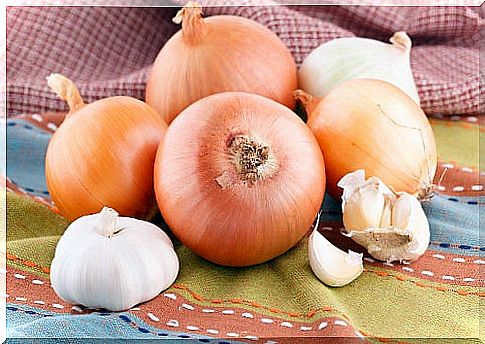
Avocado
It is very high in fat and can cause various digestive problems, such as stomach aches, diarrhea, and vomiting.
Liver, fat, bones
The liver should be consumed in moderate amounts, as it could lead to excess vitamin A poisoning, which could damage muscles and bones.
Fat trimmings can increase blood lipids, so be careful.
In the case of bones, it is better to choose them long, so that they can play and strengthen their teeth. Small bones can splinter and damage the throat, throat perforations, intestinal or stomach perforations.
Dairy products
Like humans, the dog is a mammal that only needs breast milk when breastfeeding. In addition, your body does not produce lactase, the enzyme responsible for assimilating lactose, so dairy products could cause digestive problems such as vomiting, diarrhea and intoxication.
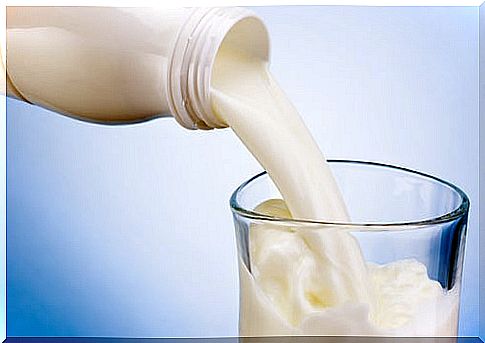
Grapes and raisins
Grapes, plums, raisins and prunes are not suitable foods for our pets. They can cause acute kidney failure in dogs. Symptoms are diarrhea, vomiting, high water intake, and lethargy.
Walnuts
The least recommended are the macademia. They can cause motor problems, such as muscle tremors, hind leg paralysis, weakness, hypertemia and vomiting.
Sugar and food scraps
Too much sugar is not good for people, and it is not good for animals. It can also affect them in the form of obesity, diabetes and dental problems.
Leftovers
A big danger from leftovers is seasonings, which can cause ulcers, gastroenteritis, colitis, and other intestinal problems. Be careful with spoiled food, as they can cause digestive disorders or intoxication.
Pet-friendly food
Some veterinarians indicate that the best diet for a pet is the special feed for each animal, because it contains the necessary nutrients. However, other research indicates that this diet is not good because it contains too much flour and colorings.
The ideal would be to combine it with real food that adapts to the animal’s body. To easily identify these suitable foods, just think about what the animal would eat in its natural wild state.
